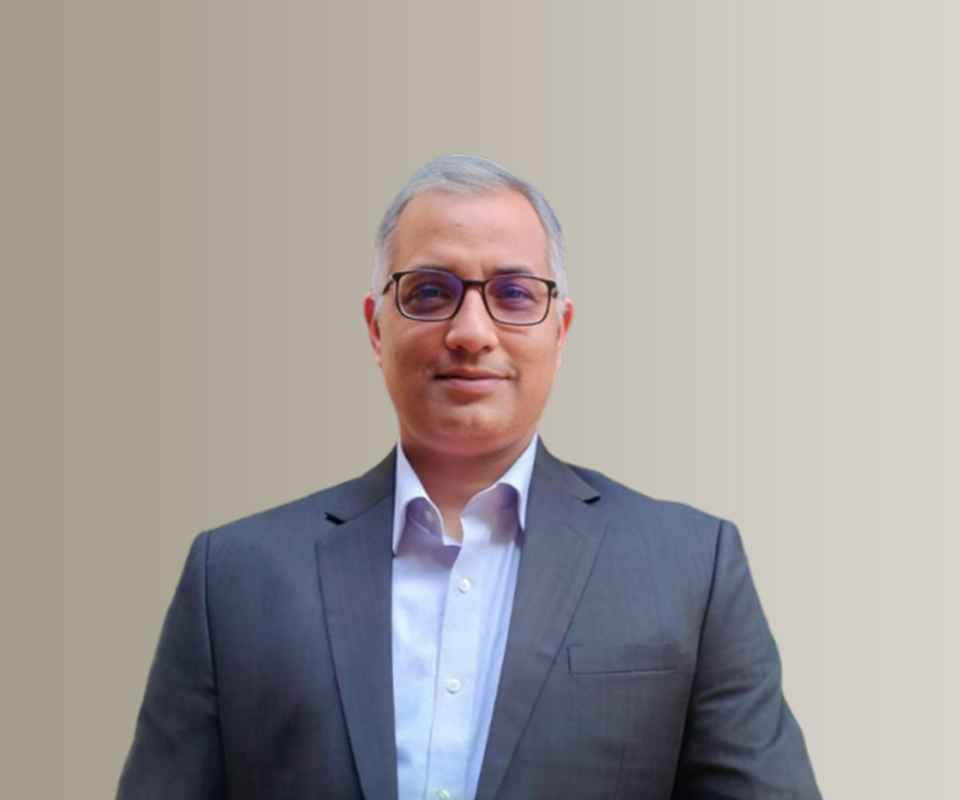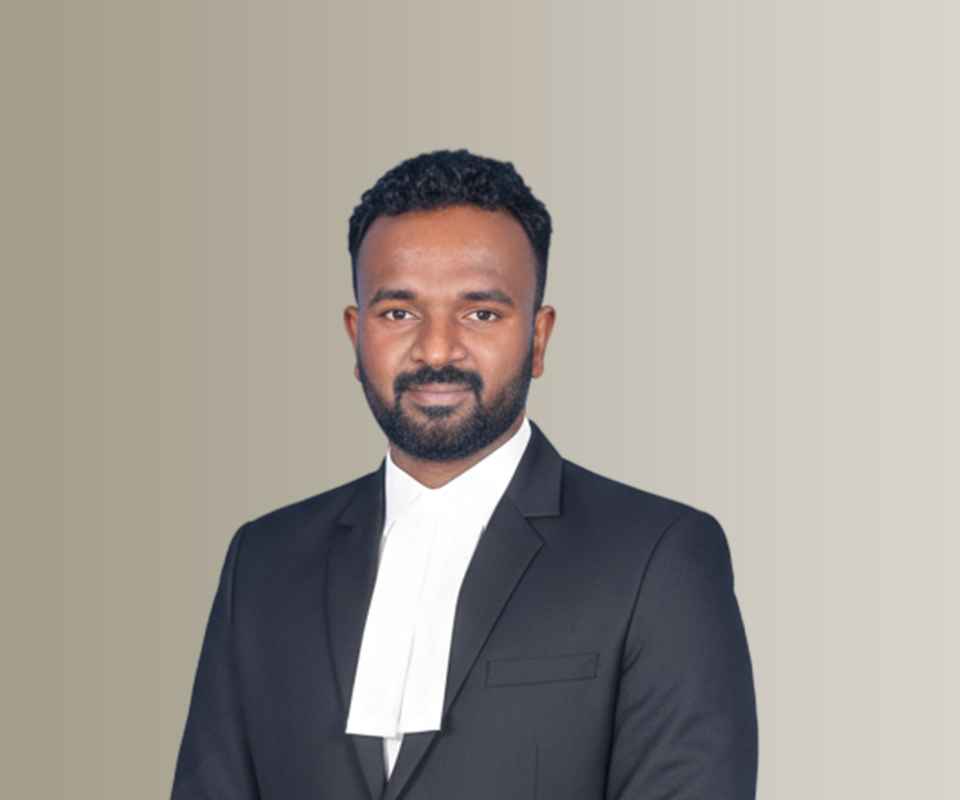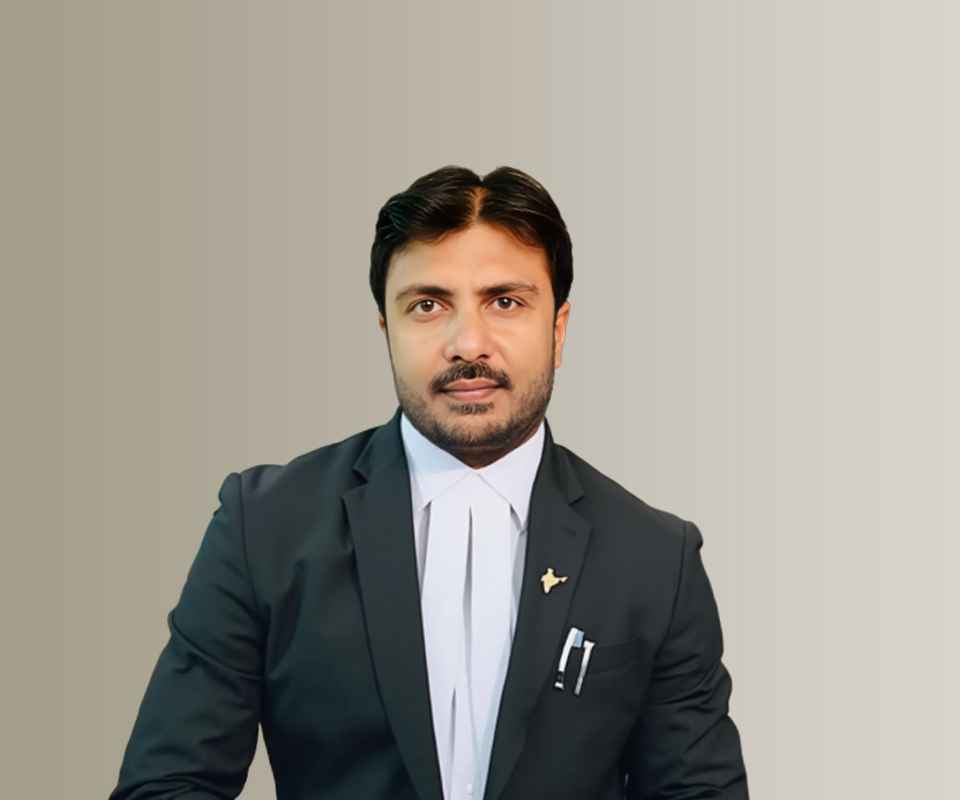Answer By law4u team
In assault trials, expert witnesses play a crucial role in helping the court understand complex or specialized issues that are beyond the knowledge of the average person. They bring specialized knowledge and provide objective analysis that can clarify aspects such as the nature of injuries, psychological impact, or forensic evidence. Their testimony can significantly influence the outcome of a case by supporting or refuting claims made by both the prosecution and the defense.
Role of Expert Witnesses in Assault Trials:
Medical and Forensic Expertise:
- Injury Analysis: Expert medical witnesses, such as doctors or forensic pathologists, provide testimony regarding the nature and severity of the injuries sustained by the victim. They can explain the medical findings, such as whether the injuries are consistent with the alleged assault or if they could have been caused by something else.
- Causation of Injuries: Forensic experts help establish whether the injuries were a result of the assault or if other factors, such as pre-existing conditions, might have contributed. They may also explain how injuries align with different types of assault (e.g., blunt force trauma, strangulation).
- Injury Progression and Prognosis: Medical experts can testify on the expected recovery time for the victim and whether the injuries will have long-term effects, providing important information on damages and the severity of the assault.
Psychological and Psychiatric Evaluations:
- Trauma and Psychological Impact: Expert psychologists or psychiatrists can assess the emotional or psychological damage caused by the assault. They may testify about post-traumatic stress disorder (PTSD), anxiety, depression, or other psychological effects the victim may be suffering as a result of the assault.
- Credibility of the Victim’s Claims: In some cases, psychological experts are called upon to evaluate the credibility of the victim's testimony, particularly if there are claims of emotional distress or a history of mental health issues. They may help clarify how trauma from an assault might affect the victim's perception or memory of the event.
- Impact on Victim's Life: Experts in this field can help demonstrate how the assault has affected the victim's daily life, relationships, or ability to work, and explain the long-term consequences of the psychological impact.
Forensic Evidence Experts:
- Crime Scene Analysis: Forensic experts can provide analysis of physical evidence, such as blood spatter, fingerprints, or DNA, to help reconstruct the events surrounding the assault. They may testify on how the evidence was collected, what it suggests about the assault, and whether it supports or undermines the claims made by the parties involved.
- Weapons and Toolmark Experts: In cases where a weapon was used, experts can testify about the type of weapon used, its potential for causing injury, and how it was likely used in the assault. They may also help determine whether the injuries are consistent with the weapon described in the case.
Expert Testimony on Legal Issues:
- Clarification of Legal Concepts: Some expert witnesses, particularly those with legal or criminology backgrounds, may provide insight into the legal concepts related to the case, such as the definition of battery or assault, or the difference between various degrees of assault.
- Jury Guidance: In complex cases involving self-defense claims or questions of intent, expert witnesses may be called to help the jury understand the motivations or mental state of the defendant at the time of the assault. For example, a psychiatrist might explain the psychological state of the defendant to assess whether they acted out of fear, anger, or intentional malice.
Neutral, Objective Testimony:
- Credibility and Objectivity: Expert witnesses are expected to provide impartial and unbiased testimony. Their goal is to offer professional opinions based on facts, scientific principles, or established standards. Courts rely on expert witnesses to provide credible information that can help the judge or jury make an informed decision.
- Challenging Evidence: Experts can also be used to challenge the evidence presented by the opposing party. For instance, if the defense presents a medical report claiming minimal injury, the prosecution may bring in a medical expert to refute those claims and explain the severity of the injuries.
Educational Value for the Court:
- Breaking Down Complex Issues: Many assault cases involve complex issues that require specialized knowledge, such as determining the exact cause of an injury or understanding the effects of trauma. Expert witnesses help break down these issues into more accessible terms for the judge or jury, ensuring that the legal proceedings are based on a full understanding of the facts.
Example:
In an assault case where the victim claims to have been struck in the head with a blunt object, a forensic expert may testify about the nature of the injuries. The expert explains the likelihood that the victim’s head injury was caused by such an object, the severity of the injury, and the recovery process. Additionally, a psychologist may testify about the psychological trauma the victim endured due to the attack, explaining how it affected their ability to work and interact with others. The expert witnesses help the jury understand the long-term impact of the assault, influencing the damages awarded.
Conclusion:
Expert witnesses in assault trials provide critical insights that help the court understand complex issues related to injuries, trauma, and evidence. Whether providing medical analysis, psychological evaluations, or forensic evidence, their testimony helps establish the facts, clarify technical details, and guide the court in making informed decisions. Their neutral, expert opinions play a key role in ensuring that the trial is fair and that the justice system is based on a thorough understanding of the issues at hand.







